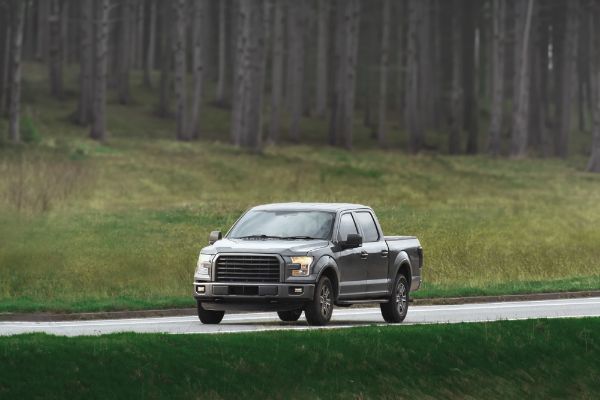A diesel engine relies on an efficient cooling system to prevent overheating. Coolant levels must be checked often, as low coolant can lead to higher engine temperatures. The radiator should be inspected for leaks or blockages that can reduce its ability to dissipate heat. The thermostat regulates engine temperature, so a failing thermostat can cause overheating. Hoses and belts must be free from cracks or wear to ensure proper coolant flow. Flushing the cooling system at recommended intervals keeps contaminants from building up and restricting flow.
Keeping the Radiator and Fans Clean
A dirty or clogged radiator prevents heat from escaping, leading to overheating. Dust, debris, and bugs can build up on the radiator fins, blocking airflow. Using a soft brush or compressed air keeps the fins clean. Cooling fans play a major role in regulating engine temperature. If a fan fails, air will not move through the radiator efficiently. Electric fans should be tested for proper operation, while mechanical fans should have the clutch inspected. A weak or slipping fan clutch reduces cooling efficiency, causing temperature spikes.
Monitoring Engine Load and Driving Conditions
Towing heavy loads or driving in extreme conditions can put stress on a diesel engine, raising its temperature. Engine gauges should be monitored, especially during uphill climbs or in stop-and-go traffic. Reducing unnecessary idling lowers heat buildup. Downshifting when hauling heavy loads helps maintain engine speed and coolant circulation. Using high-quality engine oil reduces friction, preventing excess heat. When an engine overheats, it should be shut down immediately to prevent severe damage.
Inspecting the Water Pump and Cooling Components
The water pump circulates coolant through the engine and radiator. A failing pump will not move coolant effectively, leading to overheating. Signs of a failing water pump include leaks, unusual noises, or overheating at idle. The fan shroud should be in place to direct airflow through the radiator. If the coolant reservoir shows contamination or rust, a flush may be needed. Diesel engines with intercoolers should have them checked for obstructions, as restricted airflow impacts cooling efficiency.
Steps to Prevent Diesel Engine Overheating
- Check coolant levels regularly and top off when needed.
- Inspect radiator and hoses for leaks or blockages.
- Clean the radiator and cooling fins to allow proper airflow.
- Test cooling fans and fan clutch for proper operation.
- Monitor engine temperature gauges while driving.
- Avoid excessive idling to reduce heat buildup.
- Service the water pump to ensure proper coolant circulation.
- Flush the cooling system to remove contaminants and prevent blockages.
Trusted Diesel Engine Repair in San Antonio
Keeping your diesel engine from overheating requires expert care. At My C.A.R Center, we provide top-quality diesel repair services in San Antonio. Our team understands the demands of diesel engines and offers thorough cooling system inspections, radiator flushes, and thermostat replacements. If your vehicle shows signs of overheating, bring it in for a professional diagnosis. Schedule an appointment today to keep your engine running at its best.

